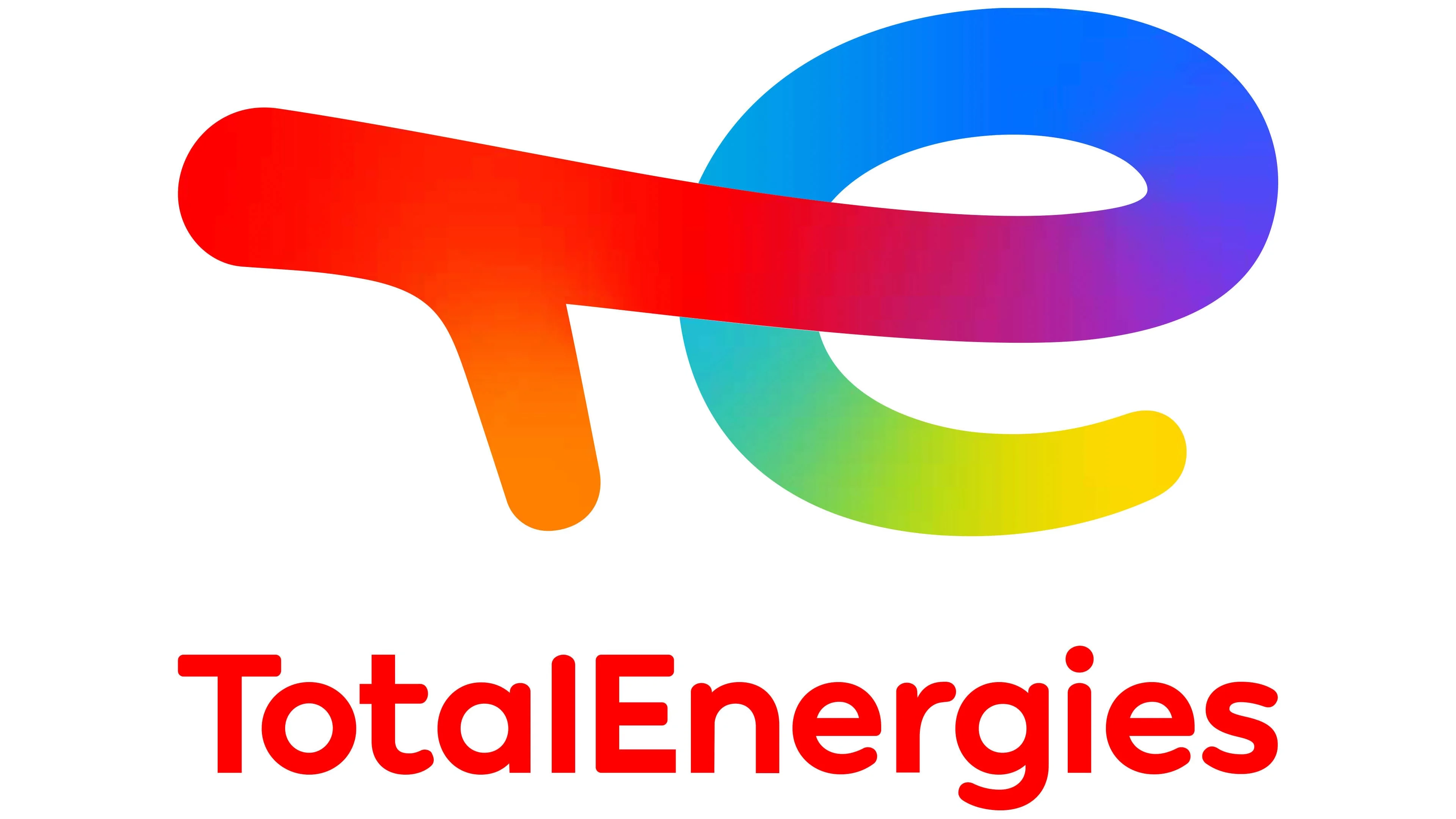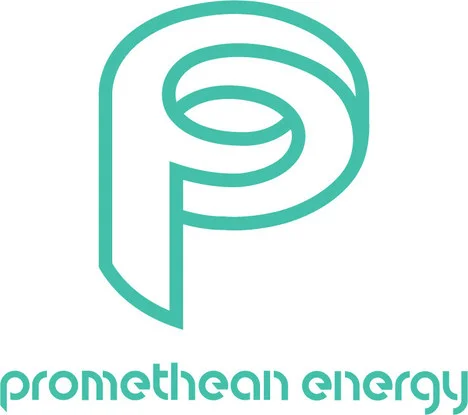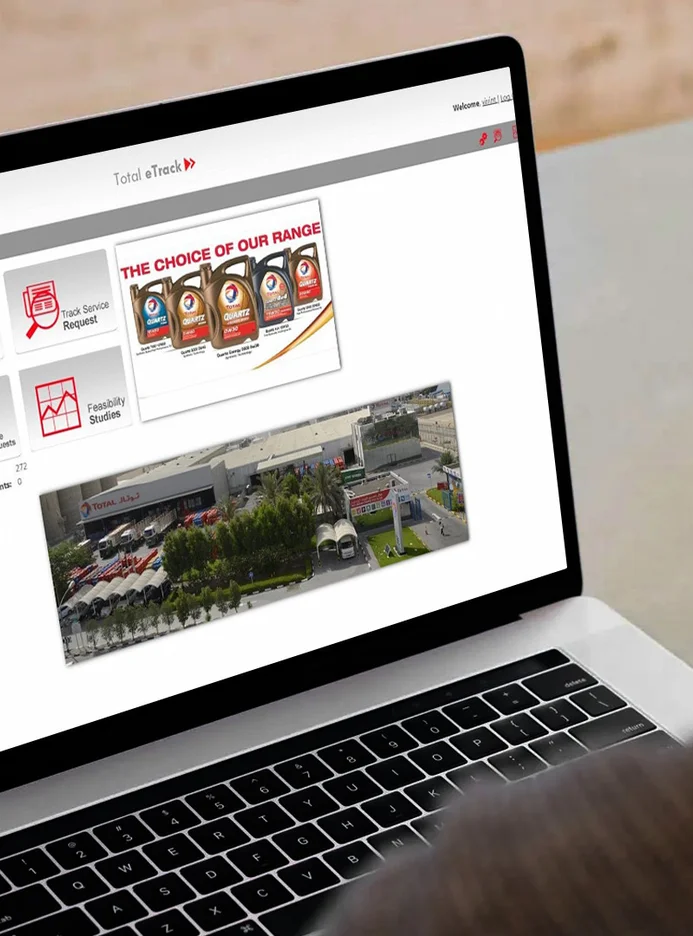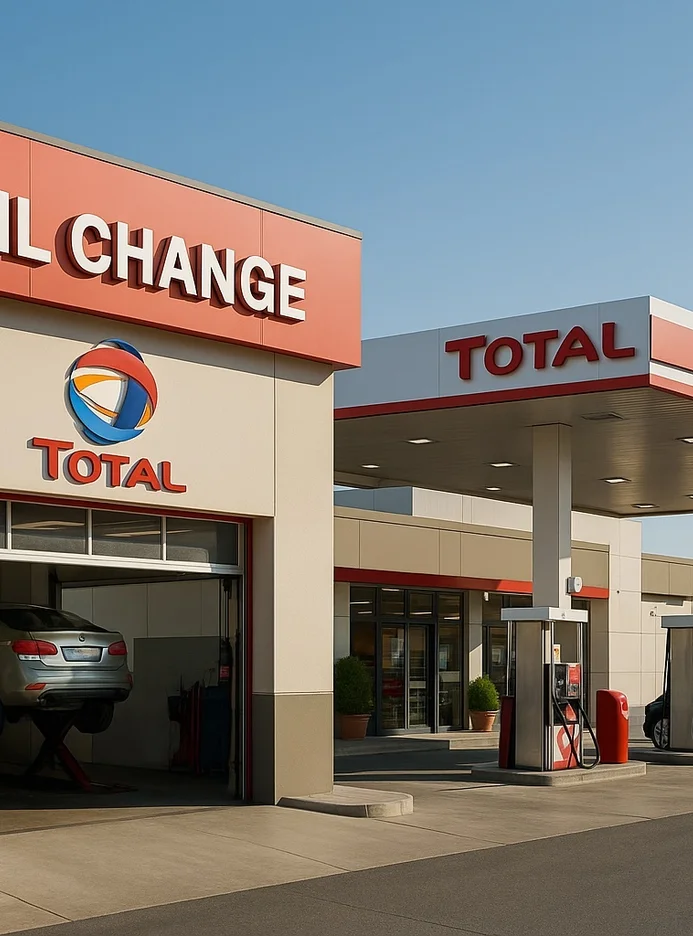From Rig to Digital Growth: Future‑Ready Oil & Gas Marketing
Fuel your energy business with data-driven digital marketing, automation, and enterprise solutions built for upstream, midstream, and downstream leaders. Partner with Centric; your trusted digital transformation and oil & gas marketing agency.
Energy Industry-Leading Experience
1,800+ successful projects driving digital growth across oil & gas industries.
Global Network
Offices in 3 countries and a strong partner network in 35 regions drive global growth for oil & gas sector.
Full Service Oil & Gas Marketing
Consulting, design, development, and marketing; all under one roof for impact.
Why Leading Energy Brands Choose Centric
We combine industry knowledge, cutting‑edge tech, and measurable marketing strategies to transform how oil & gas businesses attract, engage, and convert key stakeholders.







Powering Digital Growth Across the Global Energy Sector
Innovate, Optimize, and Scale for a Sustainable Future
From simplifying complex product ecosystems to increasing brand visibility and qualified lead generation, we help oil, gas, and energy companies operate more efficiently and grow with confidence in a digital-first world.

Proven Oil and Gas Marketing Case Studies
What Our Clients Say About Us
Your Digital Partner in Energy Innovation
Get Trusted Oil and Gas Marketing Agency on Your Team.
With expertise in oil, gas, and renewables, Centric helps you digitize operations, enhance marketing reach, and optimize efficiency through intelligent automation.
Oil & Gas Industry Expertise
Years of experience working with energy sector leaders across upstream, midstream, and downstream operations.
Comprehensive Offering
From PIM, web development, and SEO to ABM (Account-Based Marketing) and performance campaigns, we cover every aspect of digital growth.
Global Expertise
Localized knowledge combined with global best practices ensures impactful results.
Proven Excellence
Over 1,800 successful projects highlight our ability to deliver measurable outcomes for oil & gas sector.
Scalable Growth
Leveraging ABM, analytics, and automation, we help oil and gas marketing companies to maximize lead generation, customer engagement, and long-term ROI.
Digital First
With 70% of oil services staff under 40, digital-first engagement is now essential for attracting and converting leads.

Strategic Partnerships
Centric collaborates with world-leading technology providers to bring the best solutions to the oil and gas sector:

Let’s Fuel Your Digital Growth - Take the Next Step
The future of oil, gas, and renewables is digital. Whether optimizing operations, enhancing marketing impact, or building custom platforms, Centric is your trusted partner in transformation.
Smart Strategies. Proven Impact. Real Growth.
PIM / DAM / Custom Solutions
Streamline product data, optimize asset management, and build tailored digital solutions for your energy business.
SharePoint / Internal Platforms
Enhance collaboration, document management, and workflow efficiency with secure, scalable enterprise solutions.
Web Design, Development & Marketing
Drive visibility, engagement, and lead generation with high-performance websites, SEO, and digital marketing strategies.
FAQs - Oil & Gas Marketing Services
Need more information to get started? We’re always here to guide you. Below are some of the frequent questions.
Energy marketing involves promoting and selling energy products, such as oil, gas, and renewable energy sources. Companies market these products through various channels, aiming to reach utilities, commercial clients, and consumers while navigating regulations and supply-demand fluctuations in global markets.
An oil and gas marketing agency specializes in promoting products and services within the energy sector. These agencies understand industry-specific challenges and opportunities, helping businesses improve visibility, generate leads, and establish credibility. Whether you're upstream, midstream, or downstream, working with a dedicated oil and gas marketing agency ensures tailored strategies that resonate with your target audience.
To start in the oil and gas industry, pursue relevant education (Engineering, Geology, or Energy Business), gain hands-on experience through internships or entry-level positions, and continuously develop technical and soft skills. Networking within industry events also plays a key role.
An oil and gas consultant provides expertise in areas such as exploration, production, and energy management. They help companies optimize operations, navigate regulations, assess risks, and implement innovative technologies to improve efficiency and profitability in the industry.
Marketing in oil and gas involves promoting products and services to stakeholders in energy sectors. Companies typically use trade shows, online platforms, industry publications, and B2B networks to advertise their services, highlight innovations, and establish credibility in a highly competitive market.
An oil and gas advertising agency focuses exclusively on the energy industry, leveraging in-depth knowledge of technical products, compliance standards, and B2B buyer behavior. Unlike generic ad firms, they craft campaigns that speak directly to engineers, procurement managers, and decision-makers in oil and gas companies.
Hiring an oil and gas marketing firm provides access to experienced professionals who specialize in energy sector trends, audience targeting, and multi-channel strategies. These firms can quickly identify what works in your niche and offer measurable results without the learning curve of an internal team.
Digital marketing for oil & gas companies helps attract leads, showcase technical expertise, and stay competitive in a changing industry. From content marketing and SEO to social media and email campaigns, digital strategies increase visibility and credibility online, even for traditional or field-based businesses.
Oil and gas marketing services encompass a range of solutions such as branding, content creation, SEO, PPC, email marketing, and lead generation. These services are tailored to reach technical buyers and stakeholders through channels that matter most in the oil and gas industry.
Digital marketing in oil and gas is crucial for reaching global markets, driving brand visibility, and engaging with key decision-makers. It allows companies to leverage digital tools for real-time analytics, audience targeting, and cost-effective strategies, improving ROI in a highly competitive industry.
Effective marketing in oil and gas focuses on building strong relationships, demonstrating technological expertise, and offering tailored solutions to clients. It involves creating informative content, leveraging social media, attending industry events, and utilizing B2B advertising to generate leads and raise brand awareness.
The cost of hiring a digital marketing agency for oil and gas depends on factors like scope, expertise, and campaign size. Typically, fees range from $2,500 to $10,000 per month for basic services, while more extensive campaigns could cost upwards of $20,000.
B2B marketing in oil and gas focuses on long sales cycles, technical products, and niche buyers like engineers and executives. It involves educational content, case studies, and Account-Based Marketing, which differ significantly from B2C approaches that target general consumers.
Oil and gas lead generation is the process of attracting and converting prospects into potential clients using methods such as gated content, webinars, SEO, LinkedIn outreach, and paid ads. It's critical for building a strong sales pipeline in the highly competitive energy sector.
SEO for oil and gas helps companies improve their visibility in search engines for relevant terms like "pipeline inspection services" or "oilfield equipment suppliers." A strong SEO strategy drives organic traffic, builds authority, and supports lead generation efforts, especially for niche services.
Oil and gas UI/UX design services focus on creating intuitive, professional, and technically accurate digital interfaces for websites, apps, and portals. Good UI/UX enhances user engagement, communicates complex offerings effectively, and improves lead conversion rates in the B2B energy sector.
Centric specializes in creating intuitive, user-centric designs tailored to the oil and gas industry. Their approach combines cutting-edge technology, industry expertise, and user feedback to deliver streamlined, efficient interfaces that enhance user experience and operational productivity.
The 70-20-10 rule in oil and gas digital marketing suggests focusing 70% of content on customer education, 20% on sharing industry news and insights, and 10% on promoting products or services. This balance ensures meaningful engagement and fosters trust within the target audience.
Website design and development for an oil and gas company typically range from $10,000 to $50,000, depending on complexity, features, and customization. Factors like content management, responsive design, and integration with industry tools can influence the overall cost.
Digital transformation and the Internet of Things (IoT) in oil and gas enable real-time data collection, automation, and predictive analytics. These technologies enhance operational efficiency, reduce downtime, improve safety, and optimize resource management, driving cost savings and innovation in the industry.
The biggest and most integrated oil and gas companies in the U.S. include ExxonMobil, Chevron, and ConocoPhillips. In Houston, these companies are major players, alongside Shell and BP, which have significant operations and influence in the region's energy sector.
The oil and gas industry is primarily regulated by the U.S. Department of the Interior (DOI), particularly the Bureau of Land Management (BLM) and the Minerals Management Service (MMS). In addition, the Environmental Protection Agency (EPA) enforces environmental regulations on drilling and production activities.






















